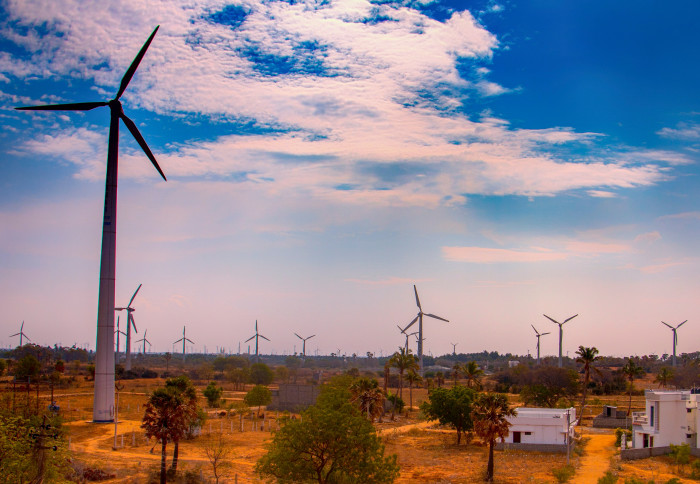Emerging markets are falling behind in the race for green capital

Developing nations are missing out on a wave of investor interest in climate change and sustainability according to a new report released today.
The report, authored by the Centre for Climate Finance & Investment at Imperial College Business School, shows that in order to attract investor interest, developing countries will require a significant overhaul of their debt capital markets.
Based on interviews with more than 40 emerging market asset managers and global banks, the report summarises the key stumbling blocks for developing economies seeking to issue green bonds and other types of sustainable instruments.
The report addresses tensions within the asset management community about how to effectively allocate green finance to emerging markets within a framework that was designed by, and for, advanced economies.
Emerging markets will require an enormous amount of funding to upgrade their economies and break their dependency on cheap fossil fuels for use at home and export abroad. Without an economic paradigm shift, these countries will face the double catastrophe of bearing the brunt of climate change without having the financial capacity to provide for their citizens.
"Multilateral development banks and sovereign wealth funds are perfectly positioned to lead, but are so far failing to catalyze sustainable finance in the countries where it’s needed most." Dr Charles Donovan Executive Director of the Centre for Climate Finance & Investment
The authors outline ways the current market may prevent the issuing of sustainable bonds that could help finance the necessary transition. These include:
- high reliance on indexation and the rise of passive investment vehicles
- lack of dedicated green funding and appropriate investment vehicles
- underdeveloped local market investor base and local green finance infrastructure
- incomplete, inconsistent and lagged environmental data
- lack of industry consensus about balancing issuer engagement and exclusions
Dr Charles Donovan, Executive Director of the Centre for Climate Finance & Investment at Imperial College Business School, said: “Big forces are pushing the capital markets towards more sustainable investing. Yet so far, they’ve done little to address the resource dependency and climate vulnerability that’s holding back the countries that house the vast majority of the world’s population. Multilateral development banks and sovereign wealth funds are perfectly positioned to lead, but are so far failing to catalyze sustainable finance in the countries where it’s needed most.”
The report lays out potential solutions including:
- coordinated efforts to launch transition bonds for heavy emitters unable to tap the stricter green bond market
- a new forum for emerging market debt managers to actively address and coordinate climate and environmental concerns with issuers
- decreasing the historic reliance on indexation and cost-cutting to secure assets in favour of greater emphasis on long-term credit differentiation
- greater involvement by other sources of capital, such as International Financial Institutions, Sovereign Wealth Funds and more active local market investors
Jonathan Amacker, Corporate Fellow at Imperial College Business School, said: “Emerging market investors and issuers must come together to break down the barriers which are holding back vital transition capital. The needs are vast and the clock is ticking. Developing nations are faced with numerous climate-related financial risks. Without a significant overhaul of the current system, green finance will plateau and never reach its full potential.”
A full copy of the report, "Marathon or Sprint? The Race for Green Capital in Emerging Markets" is available to download from the Imperial College Business School website.
Article text (excluding photos or graphics) © Imperial College London.
Photos and graphics subject to third party copyright used with permission or © Imperial College London.
Reporter
Laura Singleton
Communications Division